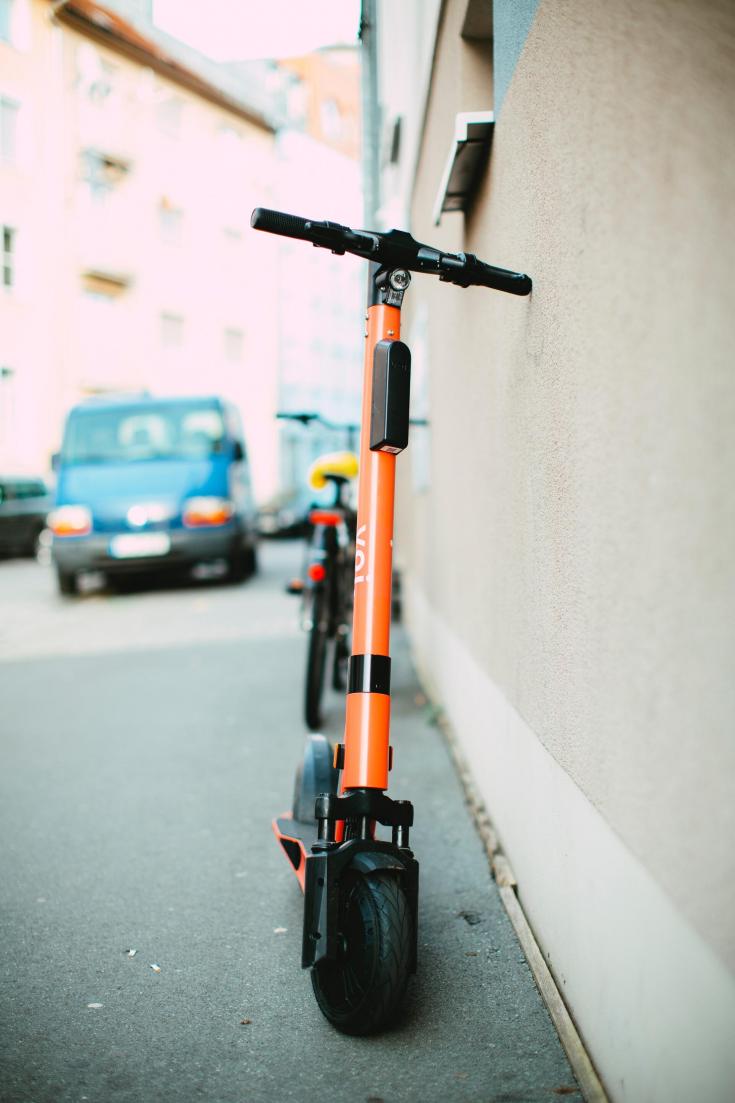Supporting renewable energy in cities

Around 75% of the Europe Union’s population live in an urban area, and cities are estimated, globally, to be responsible for more than 70% of total emissions, including indirect emissions. Cities therefore need to urgently contribute to decarbonisation efforts, including improvement of energy performance and the transition to low carbon transport.
Decentralised renewable energy production can contribute to both aspects, reducing the impact of buildings and industry by using renewable energy, and providing sustainable electricity for e-vehicles. Additionally, renewables can contribute to answering a number of urban challenges, such as improving air quality, reducing municipal energy bills, tackling energy poverty, supporting economic development and promoting sustainable economic growth.
Many cities have established their own action plans and established targets – for example, Sustainable Energy and Climate Action Plans (SECAPs) through the Covenant of Mayors – but cities face a number of challenges in transitioning to clean energy, including issues of public engagement and finance.
Demonstration and awareness raising
Cities and urban authorities have at their disposal the powerful tool of public procurement. Public funds – including European Structural and Investment Funds – can be used to refurbish public buildings that can act as demonstrators for the community. These can be technical solutions which have been proven successes in other regions, or can be very innovative, pre-commercial solutions.
Public buildings, especially historic or monumental buildings, are excellent demonstrators for proven technologies, attracting the attention of the local community, as well as tourists. The Regional Parliament of Andalucía is a good example of this, where a historically important building has been installed with non-invasive shallow geothermal heating and cooling, via a heat pump. The technology is proven and well established but is innovative to the region. Andalucía is one of the hottest regions of Europe, and the technology is perfectly adapted to it, being able to provide cooling in summer and heating in winter. It is therefore also replicable to other buildings in the region and can act as inspiration for others to invest.
Whilst public funds may be sufficient for projects in public buildings, significant effort is needed to ensure the roll-out of renewable technologies to private households and businesses. This must entail both communication and outreach efforts, and the provision of technical support and financing. Initiatives such as ENSVET, run by the Slovenian Eco Fund, provide free, professional energy advice to citizens from more than 50 offices across Slovenia. The offices can provide advice on both energy efficiency and renewable energy installations, and even assist in acquiring loans from the EcoFund for project implementation. To raise awareness, ENSVET runs a Consulting Week, where consultants head out to shopping centres to engage people directly, who may not otherwise be aware of the support being offered. Consultants also attend relevant fairs and events to raise awareness.
Financing the transition
Innovative financial measures are needed to ensure widespread roll-out, as access to finance is a major hurdle for installation of decentralised energy. Many cities are investigating solutions to make finance available for households and public buildings, including through the use of financial instruments and one-stop-shops. Other instruments and approaches are also being used, however, including loans and co-operative structures.
The Latvian National Development Financial Institution (ALTUM), issues ALTUM Green Bonds, providing loans without collateral for renewable energy and energy efficiency projects. Bonds are issued for seven year periods, raising 20 million EUR for investment into bankable projects. Funding is supported with grants from the European Investment Bank’s ELENA (European Local Energy Assistance) instrument to give technical and project development assistance. So far 10 million EUR has been directed to new investments in sustainable energy.
In Groningen and its neighbouring villages, in the north of the Netherlands, Grunneger Power is an energy co-operative which has implemented a number of sustainable energy projects, including installation of more than 7,500 solar panels. The membership, of more than one thousand people, can take part in collective purchasing actions, access knowledge, events and independent advice, and have a say in the running of the co-operative. The co-operative offers green energy contracts, selling generated energy via the company 'Energie VanOns', and also enables rental and installation of solar panels, and electric car sharing.
The practices in this article have been identified as good examples by partners from the BUILD2LC, FIRESPOL and SHREC projects. Visit their project websites to find more good practices, or visit the Good Practice database directly.
You can find also more information on successful practices related to sustainable energy in the Policy Learning Platform’s briefs on
The Policy Learning Platform is also organising two webinars on public procurement: Green public procurement (25 June 2020), and public procurement for innovation (16 June 2020).
